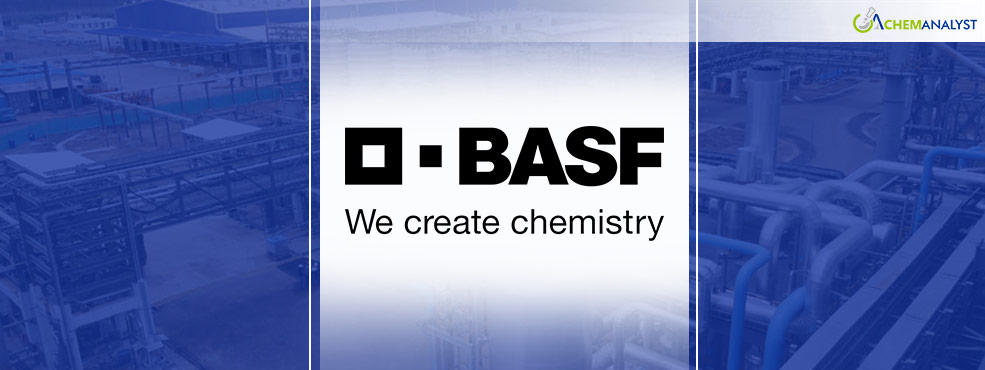Welcome To ChemAnalyst

BASF India's new Cellasto production plant in Dahej is a strategic investment that transcends mere capacity expansion, signalling a sophisticated play within the specialized polyurethane sector of the chemical industry. This project reflects a deep understanding of the Indian automotive market's evolving needs, particularly in noise, vibration, and harshness (NVH) mitigation, a critical area where Cellasto excels.
For chemical engineers and materials scientists, the focus on advanced automation systems and a new Mold line highlights BASF's commitment to process innovation. This isn't just about scaling up, it's about optimizing production efficiency and ensuring consistent product quality. The integration of cutting-edge technology suggests a move towards precision manufacturing, crucial for producing high-performance microcellular polyurethane (MCU) with exacting specifications.
The "Producing in India for India" strategy emphasizes localized manufacturing, a trend gaining traction within the chemical industry. This approach reduces supply chain vulnerabilities, lowers transportation costs, and enables faster response times to customer demands. For automotive manufacturers, this translates to shorter lead times and access to tailored Cellasto solutions that meet specific vehicle design requirements.
The emphasis on NVH reduction underscores the growing importance of material science in enhancing vehicle comfort and performance. Cellasto's ability to dampen vibrations and reduce noise is critical for electric vehicles (EVs), where minimizing cabin noise is paramount. As India's automotive sector transitions towards EVs, BASF's expanded production capacity positions it as a key supplier of advanced polyurethane solutions.
Furthermore, the new plant's flexibility in scaling operations reflects BASF's long-term vision for the Indian market. This agility is crucial in a dynamic industry where demand fluctuates, and technological advancements necessitate rapid adaptation. The ability to quickly ramp up production ensures that BASF can capitalize on emerging opportunities and maintain its competitive edge.
The strategic importance of this expansion, as highlighted by BASF's leadership, underscores the company's commitment to innovation and customer service. By focusing on tailored solutions and exceptional quality, BASF aims to solidify its position as a preferred supplier in the Indian automotive sector.
In essence, the Dahej plant is more than just a production facility, it's a strategic asset that strengthens BASF's presence in India's specialized polyurethane market. By investing in advanced technology, localized manufacturing, and customer-centric solutions, BASF is positioning itself for sustained growth and success in the region's dynamic chemical landscape.
We use cookies to deliver the best possible experience on our website. To learn more, visit our Privacy Policy. By continuing to use this site or by closing this box, you consent to our use of cookies. More info.
